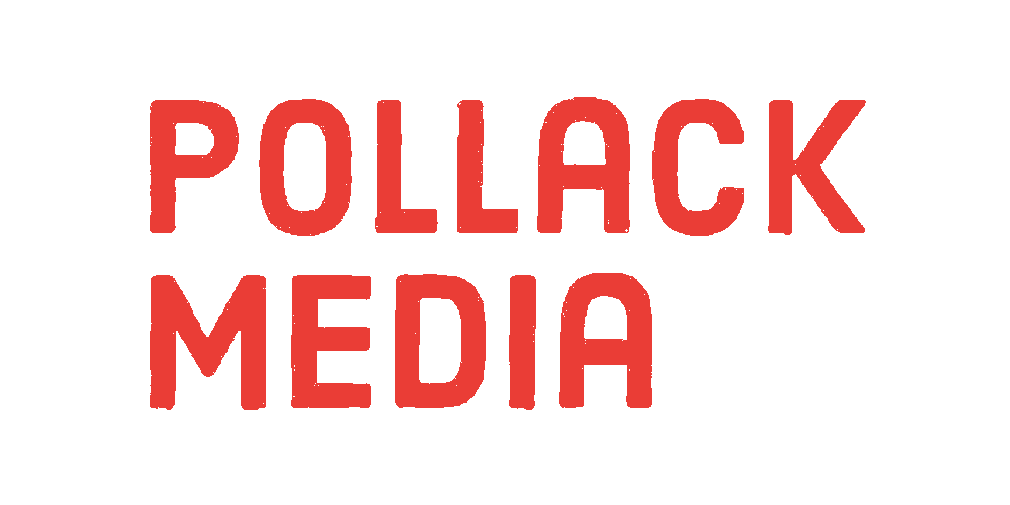Digital Music News has just published an opinion piece entitled, “The Following Music Organizations Will Be Dead or Dying In 5-10 Years.” The fundamental point of it is that a number of important media entities, especially radio-related companies, are bypassing statutory music licensing deals in favor of direct agreements. This trend, according to Digital Music News, which has evolved rapidly in less than a year, could threaten the futures of companies that administer music licensing around the world.
A couple of weeks ago, a couple of the big music publishing companies (Sony ATV and EMI) announced that they will no longer be using ASCAP and BMI to negotiate digital performance and royalty rates. Both companies cut deals directly with Pandora. Rumors abound that Universal Music Publishing will follow suit and bypass ASCAP and BMI.
The Digital Music News piece details some of the biggest radio companies that have cut direct deals. These include Sirius Satellite Radio, DMX (the cable and satellite-delivered home music service) and a number of the biggest terrestrial radio companies. Clear Channel Entertainment Media & Entertainment (CCM+E) became the first of the big radio groups to do this when they cut a deal with Big Machine in mid-2012. Subsequently CCM+E has cut deals with other music companies such as Glassnote, RPM Entertainment, and Naxos.
In fact, the Digital Music News article coincided with the announcement of CCM+E’s latest direct deal, this one with Robbins Entertainment. Some of the other traditional radio groups have cut deals too. Entercom, owner of more than 100 stations, has signed a couple of these deals (with Big Machine and Glassnote). And Beasley Broadcasting signed their first a few weeks ago with Big Machine.
The rhetoric is a little overheated in Digital Music News – both in the article and in some of the comments that follow it. We don’t believe that ASCAP, BMI, The Harry Fox Agency and others will go away anytime soon, but the basic point about changes is a thought-provoking one. We’re struck by the speed with which these deals are evolving, despite the fact that each side has competing interests.
Media companies want to reduce their costs and/or create alliances with music rights holders that provide more access to artists. Music companies, the rights holders in many cases, want to increase revenue while cutting out middle men. Artists want to see the revenue lost from physical sales replaced by other means, including streaming. And, most important, the artists are looking for a system that will make payments more accurate – and timely – than they have been to this point.
– Pat Welsh

